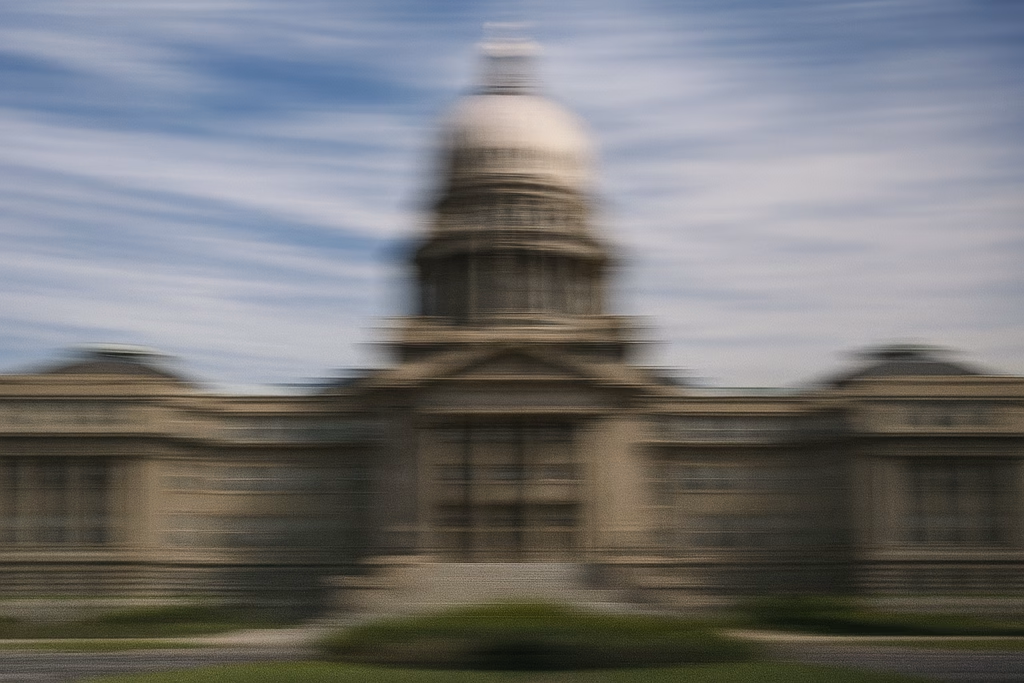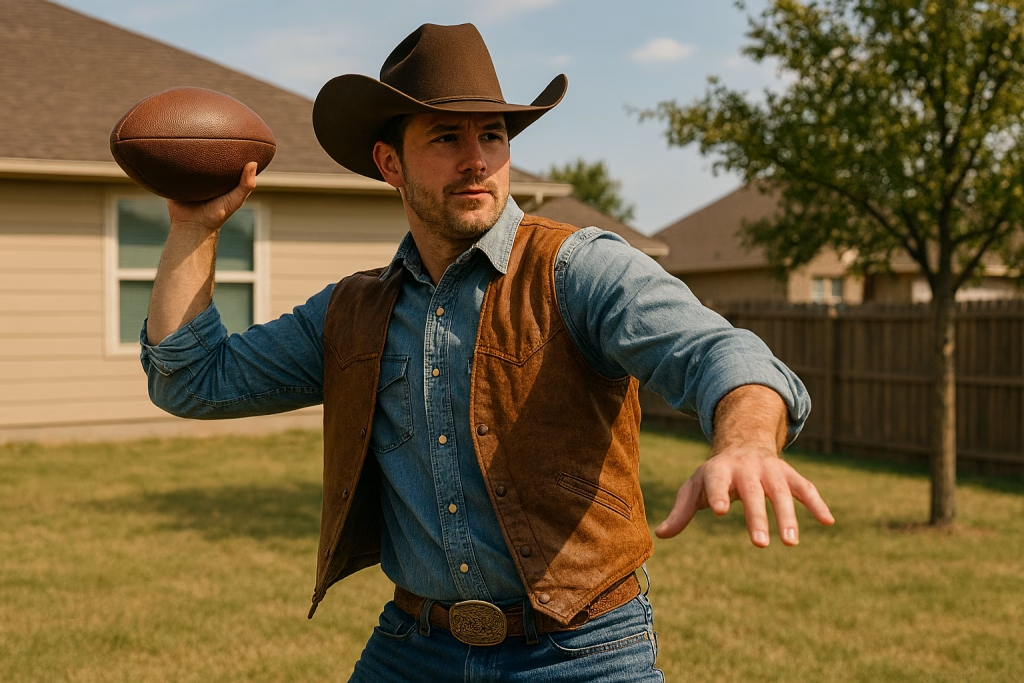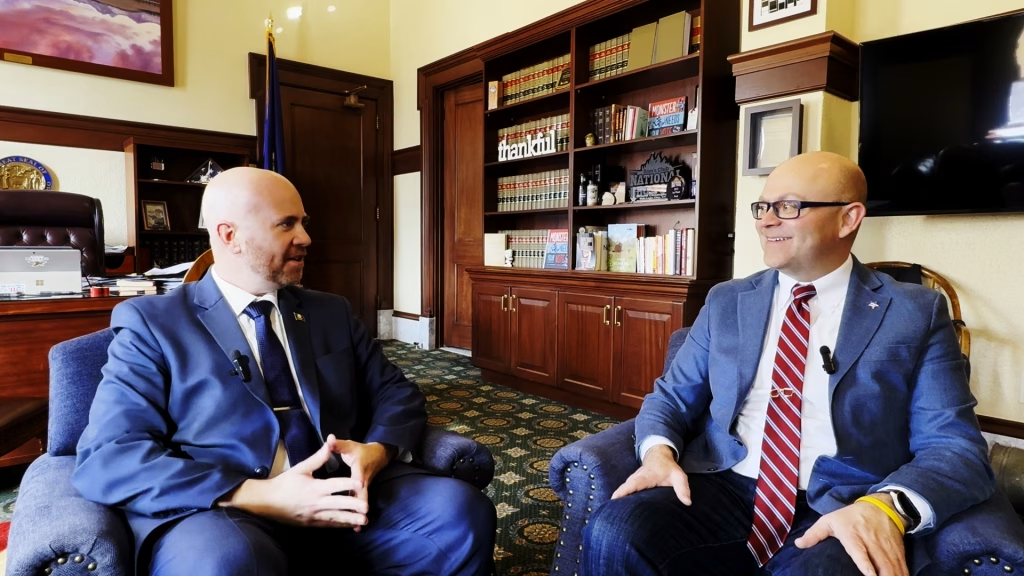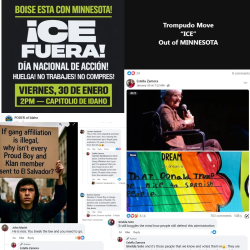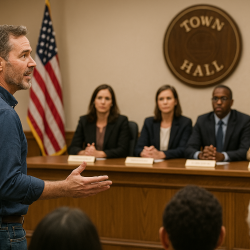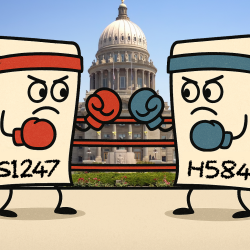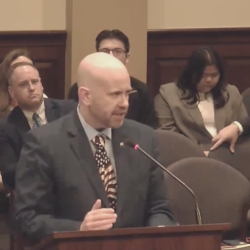More than a year ago, Reclaim Idaho and several other moderate to left wing organizations created Idahoans for Open Primaries and gathered signatures to put the so-called Open Primaries Act on the ballot. You will see it when you vote this year as Proposition 1, and its supporters claim that this initiative is necessary to open Idaho elections to all voters.
They are lying.
First, this initiative has nothing to do with open primaries. An open primary is a partisan primary election in which voters may choose which party’s ballot to fill out. After signing in, a voter can request a ballot for any of the four registered parties in Idaho — Republican, Democrat, Constitution, or Libertarian — or stick with an unaffiliated ballot which contains nonpartisan questions such as school board candidates or magistrates.
In 2007, the Idaho Republican Party voted to close its primary, meaning that only registered Republicans could choose to vote on a Republican ballot. The Secretary of State at the time, a moderate Republican named Ben Ysursa, said state law mandated open primaries. The Idaho GOP sued, holding that as a private organization it had the right to determine its own candidates. In 2011, US District Judge Lynn Winmill declared the open primaries law unconstitutional.
If Reclaim Idaho and its affiliated organizations were attempting to undo this decision, that would be one thing. However, that’s not what Prop 1 is at all about. Prop 1 would eliminate the partisan primary entirely, creating a blanket or jungle primary in which every declared candidate appears on the same ballot. Not only could this potentially create ballots that are incredibly long, but it completely cuts out the role of political parties entirely.
Now, maybe you think that’s a good thing, that parties have too much influence in our elections. I would caution you, however, that removing the parties will make things worse, not better. Political parties provide an avenue for participation in the political process. The parties are made up of people working together toward shared goals, and have the infrastructure to turn out volunteers and raise money to support candidates and causes.
If you eliminate parties from the process, then individual voters will become less influential, not more. The political establishment would only gain more power to influence voters directly using advertising campaigns and the bully pulpit, and organizations such as Reclaim Idaho will have less competition when it comes to reaching unengaged citizens. That, I think, is the whole point. Idaho is a red state, which means the Idaho Republican Party has a lot of built in trust and cachet with many voters. Reclaim Idaho and its allies want to eliminate that in order to achieve their goal of turning Idaho blue, or at least purple.
Washington and California adopted blanket primaries, with the top two vote-getters advancing to a regular general election. I don’t believe a single Republican has won statewide election in either state since they implemented top two primaries. Prop 1 is even more radical than that. If this initiative passes, the top four vote-getters will advance to a general election conducted according to ranked choice voting.
Ranked choice voting is also known as instant runoff voting. Many cities in Idaho conduct mayoral elections with runoffs to ensure that the winner has a majority, rather than a mere plurality, of the vote. If the first round of voting does not yield any candidate with a majority, then a second election, called a runoff, is held between the top two vote-getters. Last November in Eagle, four candidates contested the mayoral race and none received an outright majority:

A runoff was scheduled for December, and both Jason Pierce and Brad Pike spent a month reaching out to citizens who voted for the other two candidates as well as those who neglected to vote in the first round. In the end, Pike leapfrogged Pierce to win the election:

Under instant runoff, or ranked choice voting, voters would rank all four candidates on their ballot from 1 through 4. First ranked votes are initially tabulated, and if nobody gets a majority, the lowest vote-getter is eliminated. Any ballots that had that fourth-place candidate ranked first now have their second choices added to the tally. This process continues until one candidate has a majority.
Supporters say this creates a more fair and equitable outcome, since the winner will command a majority of votes. Yet is that really the case when the winner might be someone’s second or third choice? Ranked choice voting incentivizes candidates to avoid taking strong stands on any issue, and instead to make shallow appeals to all voters in hopes of being their second choice.
Additionally, any voter who does not rank all four candidates risks having his or her ballot thrown out (a process called “ballot exhaustion”) and would not count toward the final total, meaning it is still possible (even likely) that the winner will not command a majority of total ballots.
Supporters say that ranked choice voting is superior to a runoff election because it all happens at the same time, saving taxpayer money and voter time. However, it does not allow for the top two candidates to make their final pitches to voters. Running in a four way race is very different from a two way race. In the Eagle mayoral example above, both Pierce and Pike were able to alter their message once the other two candidates were eliminated. This is not possible under ranked choice voting.
Last year, I put together a short thought experiment of what the district 15 race for State Senate might have looked like under Prop 1:
Obviously I had to make a lot of assumptions, but I think this is a reasonable extrapolation. If Prop 1 was the law of the land it would also change candidate and voter behavior, so it’s difficult to predict exactly what would have happened. Luckily, we have a real world example that we can turn to for answers.
Alaska instituted a similar system of a top four blanket primary and ranked choice voting. Did it result in independent candidates with more of a chance to win? Did it result in the people taking back power from the political establishment? No, and no.
In the second round of the instant runoff, incumbent Sen. Lisa Murkowski led conservative Republican Kelly Tshibaka by only 449 votes, but benefited from being the second choice of voters who supported Democrat Patricia Chesbro, winning more than 90% of the remaining Democrat votes:
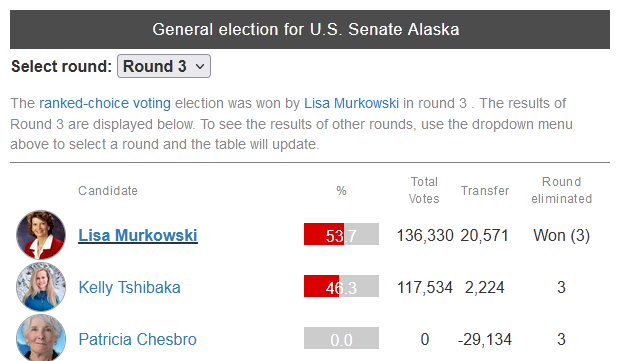
Democrat voters joined forces with moderate Republicans to keep a moderate Republican in office. Is that what we want to happen in Idaho?
The same thing happened in Alaska’s race for US House that year. Republicans Sarah Palin and Nick Begich won a majority between the two of them, with Palin edging Begich for second place in both the first and second round. Once he was eliminated, Palin fell short, allowing Democrat Mary Peltola to win. She became the first Democrat to represent Alaska in the House of Representatives in nearly half a century.
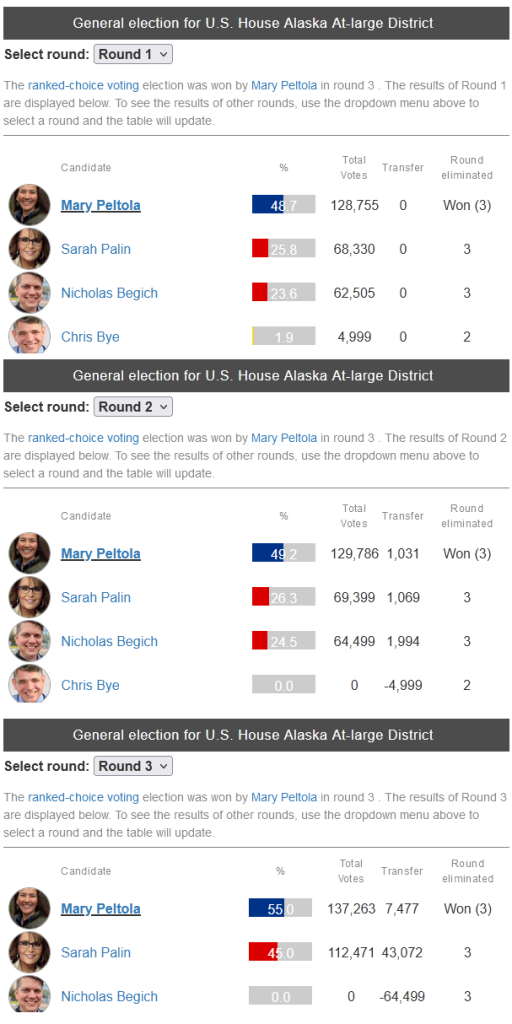
Ironically, had Begich won a few more votes in round 1, he likely would have won the whole thing, since I believe most Palin voters would have made him their second choice. Also, if you’re math savvy, you’ll notice that there were nearly 15,000 votes missing from round 1 to round 3. Those voters ended up having no say in the final count because they did not rank a third candidate.
The problem that Reclaim Idaho and its allies are claiming to want to solve is that of voter engagement and participation. First, they dishonestly claim that many people are prohibited from voting in the primary. This is not true. The only hurdle is that you must be a registered Republican to request a Republican ballot. Registering as such is simple — you can do it at the polling place, provided you were not recently a member of another party.
What if someone doesn’t want to register as a Republican? That’s fine, but that person does not have the right to vote in the Republican primary. The unaffiliated voters who are driving support for Prop 1 want to have their cake and eat it too.
Second, supporters claim Prop 1 will improve turnout. They say that many voters are turned off by our current system. I disagree. I think the system is fine, but citizens need to take voting more seriously. If you’re going to do your civic duty to help select our lawmakers and leaders, you need to do the work of educating yourself on who these people are and what they stand for, no matter what party designation is beside their names. A lot of people don’t want to take the time to do that, and that’s their choice. Making our system even more complicated will not solve that problem.
As a poll worker, I have seen firsthand how confusing voting can be. Which polling place do you go to? Which ballot do you need? In some races you vote for two candidates, in others you can only vote for one. Don’t forget to flip to the back side!
This all makes sense to people like you and me, who are plugged into politics anyway. But what about those who aren’t — the retail worker who stops at the polling place after a long day on his feet, the busy mother who needs to hurry up and get back to her children, or the senior citizen who wants to be heard but has trouble making sense of it all? Ranked choice voting puts confusion on steroids, making it that much harder for average citizens to fully take part in the process.
Supporters of Prop 1 talk as if this initiative is a panacea, a cure for everything we dislike about the political process that has zero downsides or unintended consequences. To this end, they are lying to voters with a message that this is about open primaries and increasing voter turnout while avoiding any discussion of ranked choice voting and its myriad problems.
Earlier this month, Derek Muller from Veritasium took a close look at the downsides of many election systems, including ranked choice voting. Muller is not explicitly partisan — he’s not even American — and so he brings an objective look to why these ideas don’t fulfill their promise of fixing the flaws in our current system:
Good luck getting any of Prop 1’s supporters to engage with the issues raised in this video. Most of them have no idea what the initiative actually says, and will argue to your face that it’s literally about open primaries and nothing more.
If you want to get even more nerdy, Canyon County Clerk Rick Hogoboam has written about the potential unintended consequences of this initiative here and here.
The truth is that ranked choice voting has caused problems wherever it has been tried. Did you know that Idaho has already experimented with ranked choice voting in the past? In 1909, the Legislature passed a law establishing not only a direct primary but an instant runoff, with voters selecting their top two choices. The ballot was confusing, not only for voters, but for tabulators, and it took Ada County eight days to report its results. The Legislature repealed ranked choice voting the very next session. (Source: Doctoral dissertation by Matthew May, page 47.)
Alaska will vote this November on an initiative to repeal ranked choice voting. Even now, the Alaska GOP has taken steps to avoid the problems that ranked choice voting brought to the 2022 election. Nick Begich, once again challenging Cong. Mary Peltola, took second place in the top four blanket primary, followed by Lt. Gov. Nancy Dahlstrom. Dahlstrom announced last month that she would withdraw rather than risk splitting the Republican vote.
Oakland’s experiment with ranked choice voting was marred when a computer algorithm tabulated the votes incorrectly, leading to transgender activist Nick Resnick apparently winning an election for school board. However, once the error was discovered, it turned out that Mike Hutchinson was the actual victor. This led predictably to lawsuits and claims of vote rigging, not the outcome that ranked choice voting supporters promised.
Earlier this summer, the Secretary of State warned that adopting ranked choice voting could cost as much as $40 million to overhaul our elections systems, far more than the pittance that Reclaim Idaho claimed in their ballot filing. Unlike Alaska, where elections are handled at the state level, every one of Idaho’s 44 counties manages and tabulates its own elections. Our smallest counties simply do not have the resources to adopt to this complex scheme, and so this could very well lead to a state takeover of elections in Idaho.
Ranked choice voting is difficult to audit by hand, and will require that we put even more trust in tabulation machines to give us the true outcome. After everything that has happened the past four years, do you really want to put more trust in machines?
Reclaim Idaho and its allies have raised a lot of money from moderates and leftists in Idaho who have thus far been unable to win under the current system. However, they have also raised a lot of money from out of state:
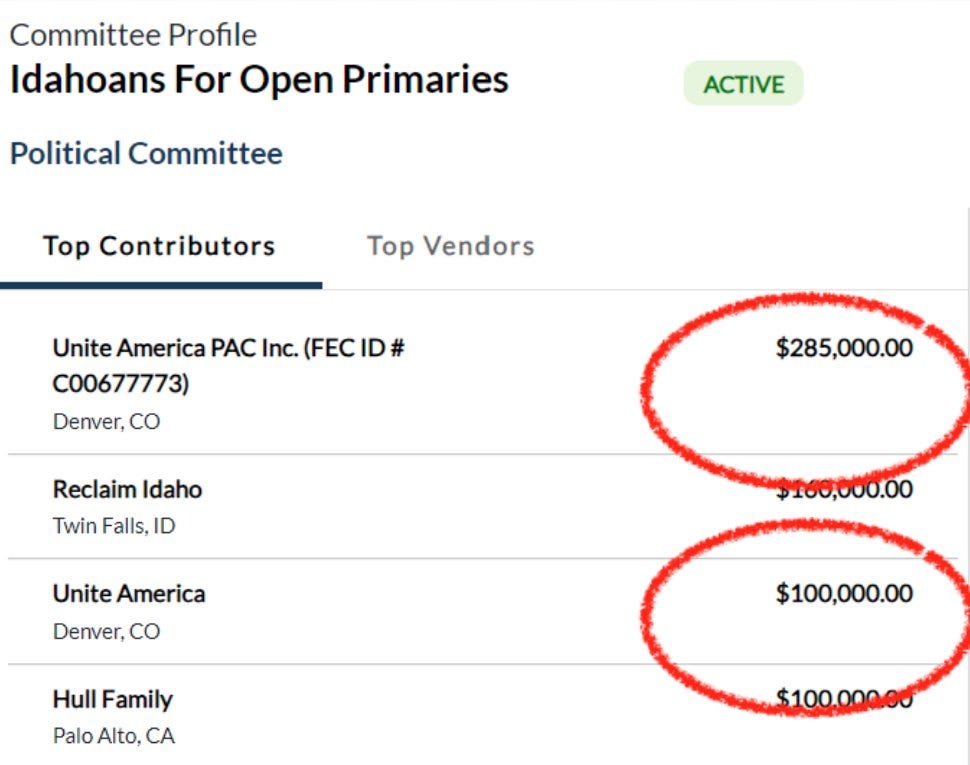
Why is that? To put it simply, leftist activists throughout the nation see this as an opportunity to crack Idaho’s big red wall. They know that the Gem State is the last American redoubt against the forces of Marxism and leftism, and if they can change the way we elect our lawmakers and leaders they might have a chance to break our resistance to their agenda.
A handful of Idaho Republicans — mostly those on the far left edge of the party such as outgoing Sen. Linda Hartgen — are actively supporting Prop 1. Most of these are people who do not resemble traditional Republicans — they’re often very liberal when it comes to social issues and government spending — and see ranked choice voting as a short term win against their true enemies like Idaho GOP chair Dorothy Moon. Former Republican chief justice Jim Jones, who has actively campaigned against Republicans in Idaho for many years, said as much in a policy forum last year.
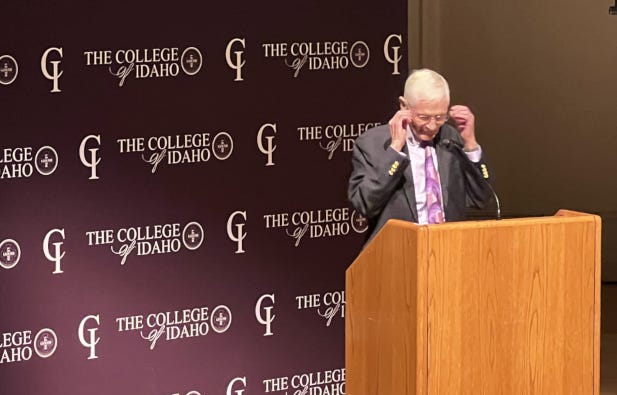
However, most of the party is united against this initiative. The Idaho GOP State Central Committee has passed several resolutions against ranked choice voting, and the Republican National Committee has done the same. Donald Trump has denounced ranked choice voting as well.
House Speaker Mike Moyle and Rep. Josh Tanner created a PAC, One Person One Vote, which has recorded statements by candidates and elected officials against ranked choice voting.
Here is one from Ada County Commissioner Ryan Davidson:
Here is one from Shawn Dygert, Republican candidate for House in district 23:
Here is Brian Lenney, state senator in district 13:
Finally, even Sen. Jim Guthrie, of whom I’ve been very critical in the past, is against Prop 1:
There are numerous other organizations spreading the word on Prop 1:
- Secure Idaho Elections is a 501c4 that has a lot of information about the facts of Prop 1 and ranked choice voting.
- Veterans for Secure Idaho Elections was put together by Air Force veterans Blaine Holt and Priscilla Giddings and Army veterans Ryan Spoon and Ted Olson. They are pushing back on the outrageously dishonest claim by supporters of Prop 1 that our current system disenfranchises veterans and active duty military personnel.
- Idaho Fair Elections is a PAC founded by Jake Ball which explains how ranked choice voting is bad for everyone — Republicans, Democrats, and even independents.
- The Idaho Republican Party has taken a strong stance against Prop 1, deploying signs and messaging warning that ranked choice voting is designed to turn Idaho blue.
- The Idaho Second Amendment Alliance does not usually go outside its lane of protecting our right to self defense, but its leadership is acutely aware that ranked choice voting is a poison pill that puts those rights at risk.
- The Idaho Freedom Foundation and Idaho Freedom Action issued a joint statement warning about the dangers of Prop 1 and ranked choice voting.
- 907 Honest is run by Phil Izon, who has been campaigning against ranked choice voting in Alaska. He has lent his voice to efforts in Idaho as well, and his website has many resources for debating against Prop 1.
- The Heritage Foundation is a national conservative group that has been warning against ranked choice voting for many years.
Reclaim Idaho and its allies know that ranked choice voting is confusing, unfair, and worst of all, unpopular. That is why they avoid the phrase like the plague. They would rather entice voters with positive messaging about open primaries than tell them the truth about what Prop 1 will really do to our state.
Forewarned is forearmed. Take the information I’ve presented you with here and share it with your family, friends, and neighbors. Idahoans do not want ranked choice voting, and the only way it wins is if we don’t show up to vote.
Vote no on Prop 1, vote no on ranked choice voting.
Thank you all for your support as I continue to bring you news and analysis that empowers you to make positive change in Idaho. Make sure to subscribe, follow me on Twitter, and follow the Chronicle on Facebook, Telegram, YouTube, and Rumble. Have a great weekend!
About Brian Almon
Brian Almon is the Editor of the Gem State Chronicle. He also serves as Chairman of the District 14 Republican Party and is a trustee of the Eagle Public Library Board. He lives with his wife and five children in Eagle.



